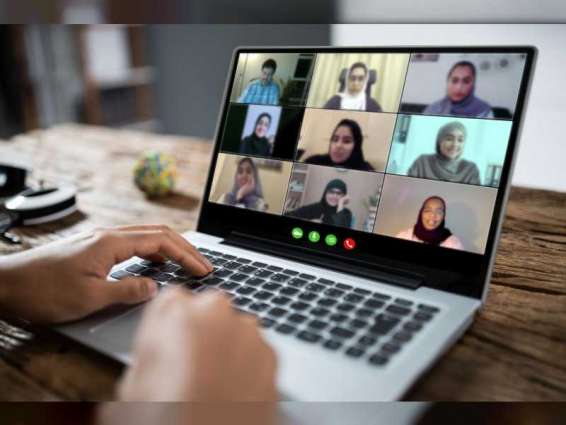ABU DHABI, (Pakistan Point News - 25th Aug, 2020) Zayed University, ZU, is all set to implement a hybrid education model through the Fall 2020 semester at its campuses in Abu Dhabi and Dubai.
The "hybrid" (or "blended") education model enables teaching and learning to continue both online and partially on campus.
The University commenced all classes online on Monday, 24th August, and is set to switch courses that require physical presence to face-to-face classes starting on 6th September.
Speaking on the hybrid education model, Noura bint Mohammed Al Kaabi, Minister of Culture and Youth and President of Zayed University, said, "The hybrid model of education will provide ZU’s students and faculty with innovative ways to engage and complete their academic experience while adapting to the prevailing scenario in the best way possible – either through in-person learning/work, remote learning/work, or a combination of both."
Within the hybrid system, the overall capacity of class sizes has been reduced to ensure that only a maximum of 50 percent of all students and 50 percent of all faculty and administration members are present at any campus. As a further precautionary measure, ZU will limit capacity from 20 to 25 percent for the first few weeks and will monitor the situation. They will increase the capacity later after a careful assessment.
Some of the students and faculty may visit the campus to engage in practical work and study programmes, or to conduct experiments in laboratories or studios. However, lectures, project submissions, short examinations, evaluations, oral examinations and postgraduate discussions are to be conducted fully online. library activities and research work can be performed using a combination of both on-campus and virtual components, and run for a limited number of hours only.
All courses and programmes across the university’s eight colleges have allowed students to participate virtually through online learning platforms such as Blackboard, Zoom, Cisco Webex and microsoft Teams.




